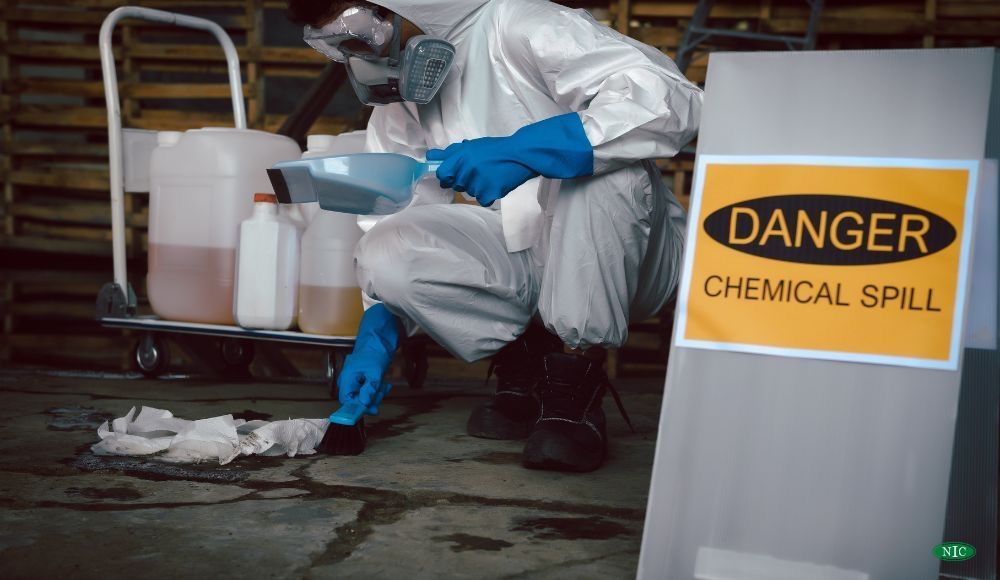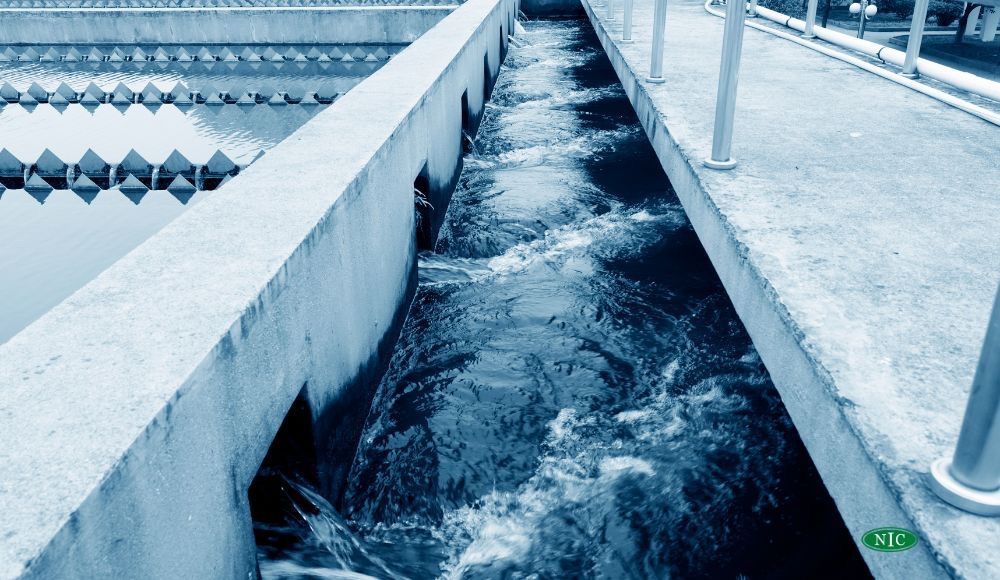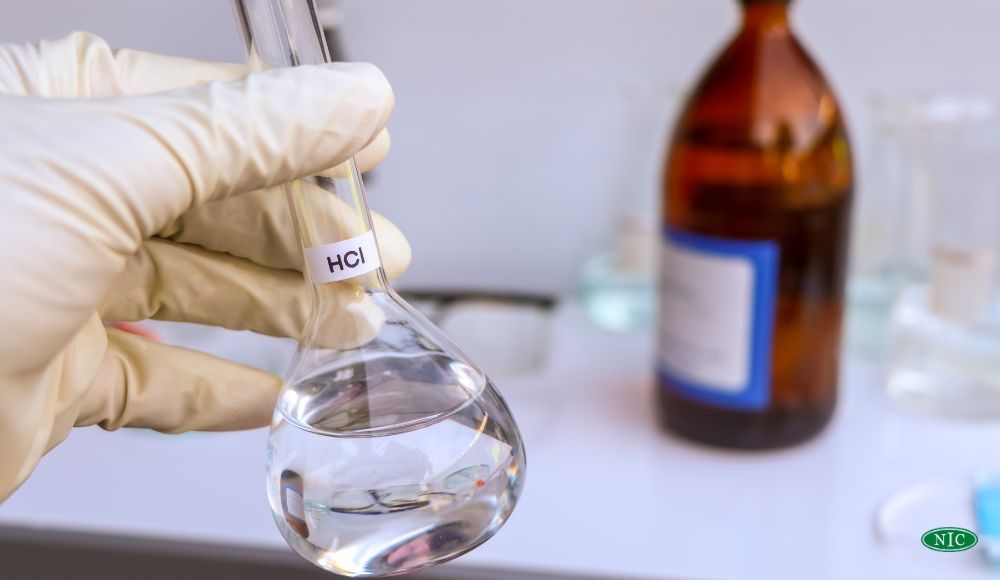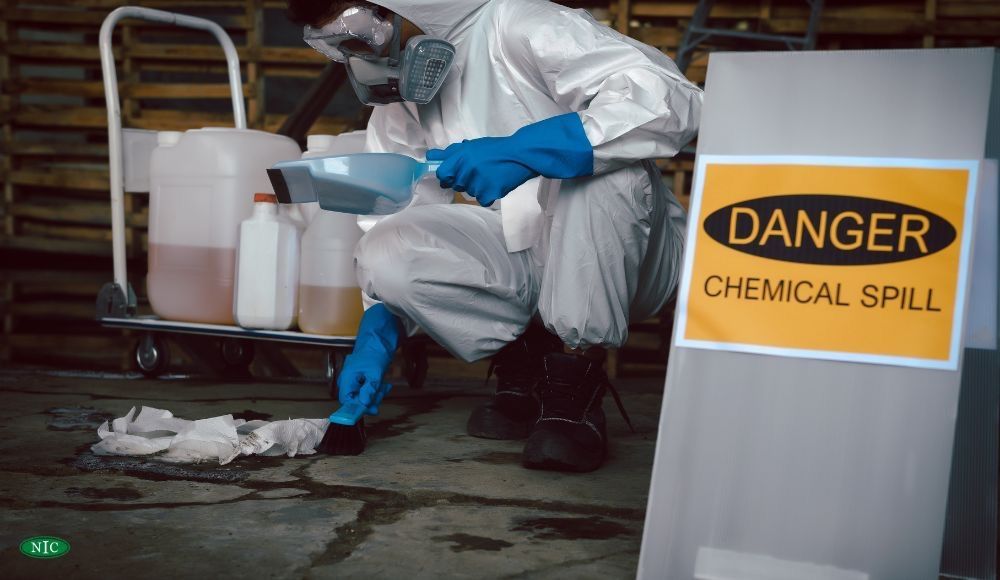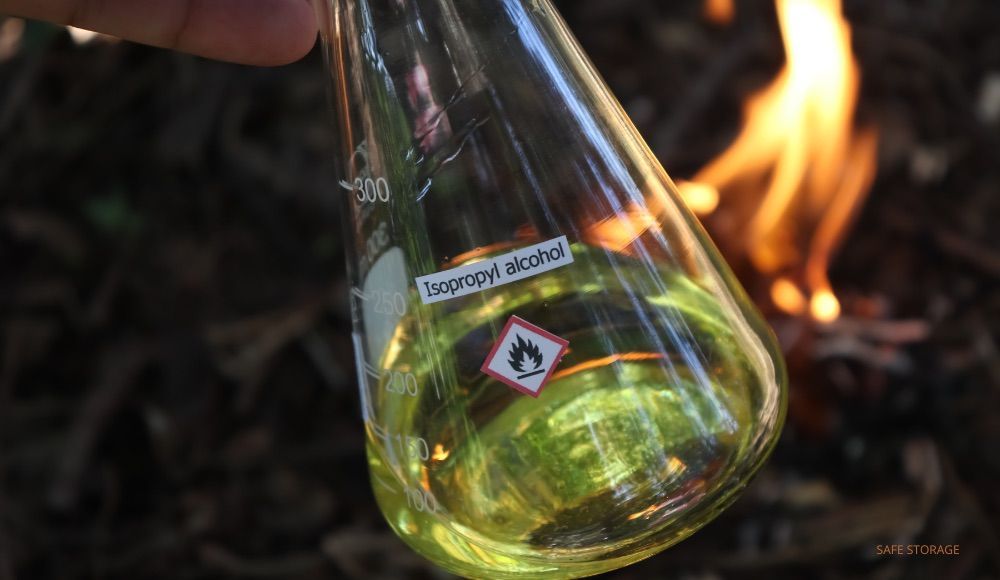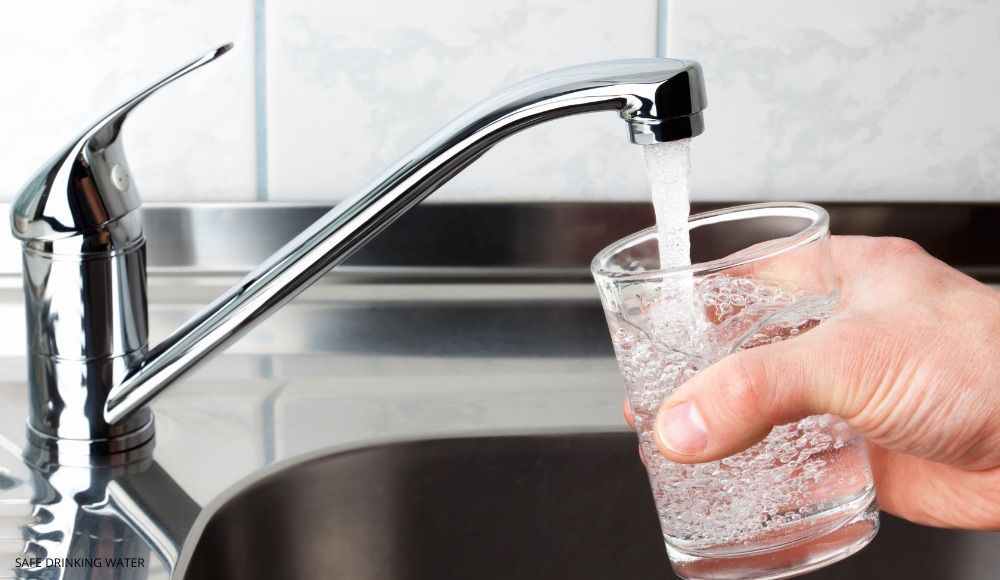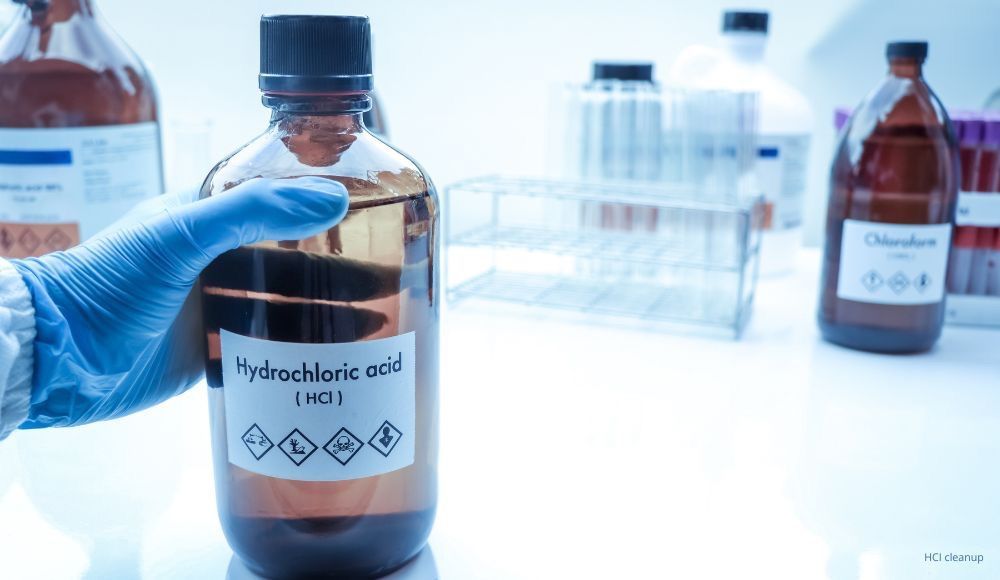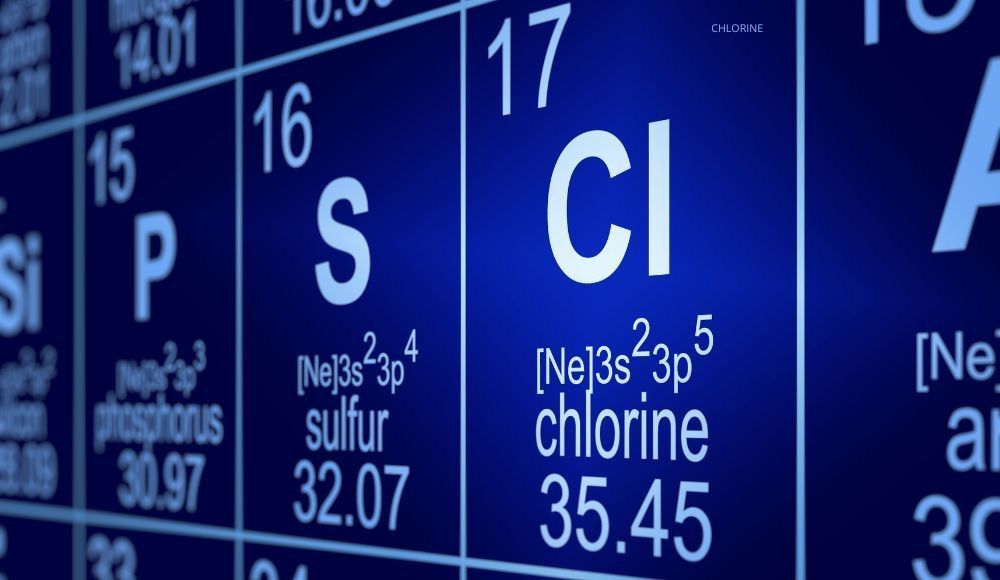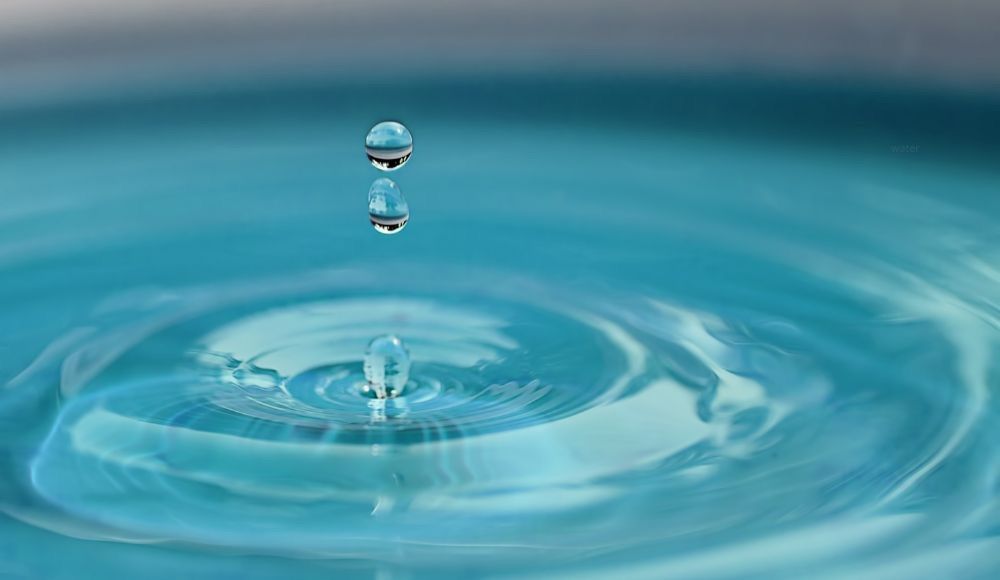How is Wastewater Treated: A Step-by-Step Guide
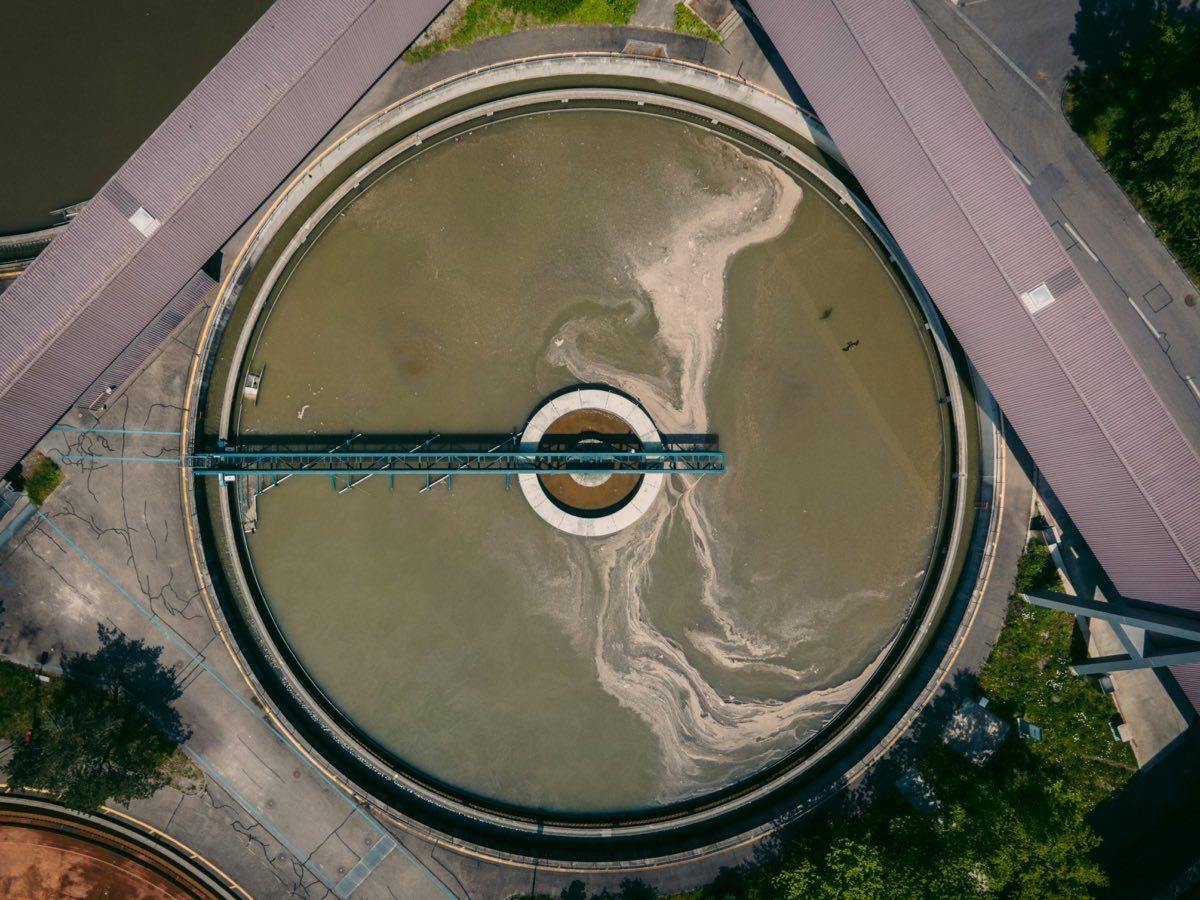
Wastewater treatment is one of the most critical forms of pollution control in the US. Thousands of wastewater treatment plants exist throughout the country, all of which try to remove as many contaminants as possible, making the water safer for the environment. Treated wastewater can be safely sent to the oceans or reused for other purposes.
The question is: how is wastewater treated? At North Industrial Chemicals, we provide a full line of wastewater treatment solutions. As such, we’re perfectly poised to explain the wastewater treatment process and what happens throughout every stage.
How Is Wastewater Treated - Understanding The Basics
We’ll begin by going over the basics of wastewater treatment. It helps if you recognize what we mean by “wastewater”. When we use this term, we refer to water that’s been contaminated in one way or another. Sewage is a common form of wastewater as it’s water that’s been contaminated by human activities in the home.
As briefly mentioned in the introduction, wastewater treatment involves removing as many of these harmful contaminants as possible. Without this process, water could be released into the environment and cause irreparable damage to marine life and public health.
Consequently, a variety of sewage treatment methods exist to help purify wastewater and make it safe for reuse or discharge. It’s not as simple as passing the water through a giant filter; numerous steps must be taken to guarantee the wastewater is now safe.
How To Treat Sewage - The Key Wastewater Treatment Steps
Generally speaking, the wastewater treatment process can be broken down into four main steps:
● The Initial Treatment Phase
● Primary Treatment
● Secondary Treatment
● Tertiary Treatment
Each step tackles a specific job and helps to cleanse the wastewater as thoroughly as possible. Following the treatment, wastewater is distributed back to rivers or other natural waterways and can be reused for human consumption. There are additional benefits to wastewater treatment as well, though we’ll discuss them later in this guide. For now, let’s take a deeper look at how to treat sewage and wastewater:
The Initial Treatment Phase
This is sometimes referred to as the screening process and it involves taking wastewater and removing as many large objects as possible. This can include big chunks of debris such as wood or foliage, as well as other solid substances. Special equipment is used to filter out these substances, so they don’t cause problems further down the treatment line.
Primary Treatment
Next, you have the primary treatment, which focuses on human waste. Sewage is put in settlement tanks, which allows the human waste to settle to the bottom. This creates sludge, and a physical process is employed to move the sludge to the middle of the settlement tank. From here, pumps are used to get the sludge out of the tank and moved away for other uses.
Secondary Treatment
The primary treatment will get rid of the larger contaminants from the wastewater. However, human waste will create other organic materials that are harder to see. This includes lots of tiny organisms that will pollute the water and cause serious health risks if left unchecked.
As a result, the secondary treatment process tackles these small things. It’s a more complex phase relying on biological treatment techniques. Sewage is put in new containers where it is subjected to bacteria. Pumping bacteria into the water means it can latch onto the bad contaminants and destroy them. Weirdly, it’s sort of how the human digestive system works; we rely on good bacteria to counteract bad bacteria and keep us healthy.
This process continues until all the bad contaminants have been eaten by the good bacteria. Then, the wastewater can be passed to another tank for its final treatment.
Tertiary Treatment
Tertiary treatment of wastewater involves purifying and filtering it as best as possible. Chemical processes are used to help disinfect it, removing as many of the smallest contaminants as possible. The wastewater will also be passed into another settlement tank to remove any extra sludge that’s built up during the treatment process.
Clean water is now returned to natural waterways while any solids or “sludge” is put to other uses.
The Importance Of Effective Sewage Treatment
In addition to asking how wastewater is treated, you should think about why wastewater treatment is beneficial. Aside from the obvious perk of treating water and making it reusable, effective sewage treatment methods will have a seriously positive environmental impact.
How?
We already know that reusing wastewater can prevent water waste and protect animal life, but did you know that the byproducts of the sewage treatment process are also critical for aiding the environment?
According to the EPA sludge - or biosolids - can be reclaimed from wastewater treatment plants and used in a myriad of ways. It acts as a powerful fertilizer for crops and can also help increase timber growth when planting trees. This gives people and businesses natural ways to encourage things to grow.
Perhaps more importantly, sludge can be used to generate energy. It is a renewable energy source that helps to reduce the reliance on fossil fuels. You can treat the sludge by heating it and creating biogas or burning it to generate heat. In either case, you aren’t producing carbon emissions, and the energy can be used to create electricity for the grid.
When you look at it like this, wastewater treatment is one of the most important things in modern society. It enables us to enjoy cleaner water while protecting marine life and offering a new renewable energy source.
Contact Us for All Your Wastewater Treatment Chemicals
North Industrial Chemicals provides a wide array of wastewater treatment chemicals at a very competitive price, available in bulk and in smaller quantities. Contact us today for more information or a free quote for all your industrial chemical needs!
